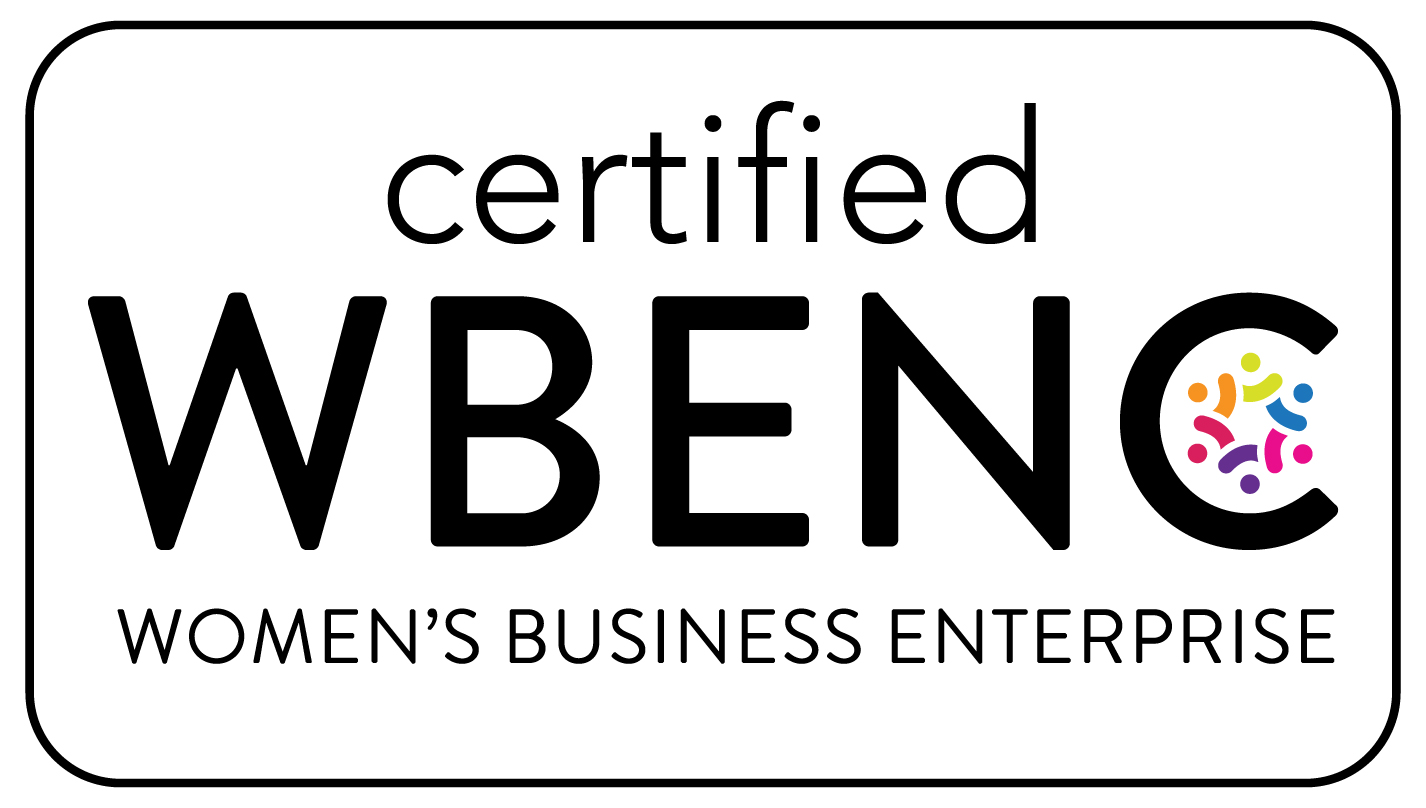Last week, we discussed how important it is that your trust is fully funded. By “fully funded,” we mean that all of your assets are either titled into the name of your trust, or that your trust is named to be the beneficiary of those assets when you die. You can read about that problem in depth here. This week, we’re going to talk about what we do to fix that.
Stock Legal’s clients engage us to help them while they are alive, to transfer their assets to their trust, or make them payable to the trust when they pass away, so that the trust can do what it was designed to do.
And they do that for a one-time, fixed fee.
This is another instance where the Stock Legal philosophy shines through – you won’t have to worry about calling up our team for a question and then getting sent a bill for that phone call. You won’t hesitate to email us if you have a question about a new asset or retirement plan at work. And you won’t have to worry about doing all that paperwork yourself! We give you a clear, direct quote for our fees upfront, and then you can comfortably contact us whenever you want, and we will take care of the tedious tasks of actually funding your trust. We’re here to help.
That’s the aim of our third meeting – at this meeting, we will have gathered statements or documentation on the assets that you own, and then prepared documents to transfer ownership to your trust, or to designate your trust to receive the assets when you pass. No stone is left unturned. You pay us to fill out all those endless 401(k), life insurance, and IRA forms you’ve been avoiding, to say nothing of the new deed to your home, title applications for your vehicles, and instructions for your bank accounts. We do all this so you don’t have to.
You are busy, and this is a difficult process. We don’t force you to take on this monumental task by yourself; you can let us do it for you. This is an uncommon practice amongst estate planning attorneys, and something we are extremely proud to offer all of our clients.
The final installment in this series addresses what happens after this critical step has been accomplished.
*The choice of a lawyer is an important decision, and should not be based solely on advertisements.*












